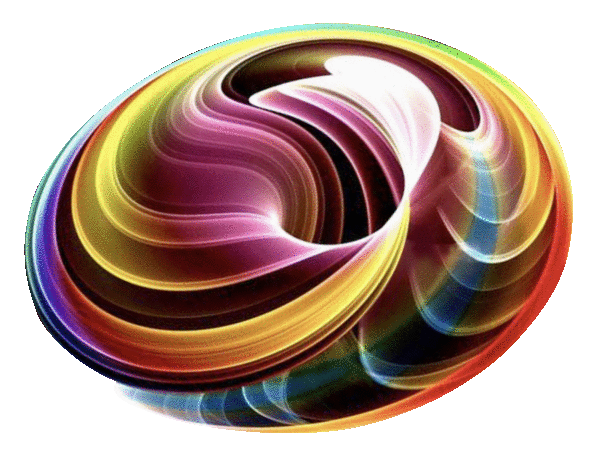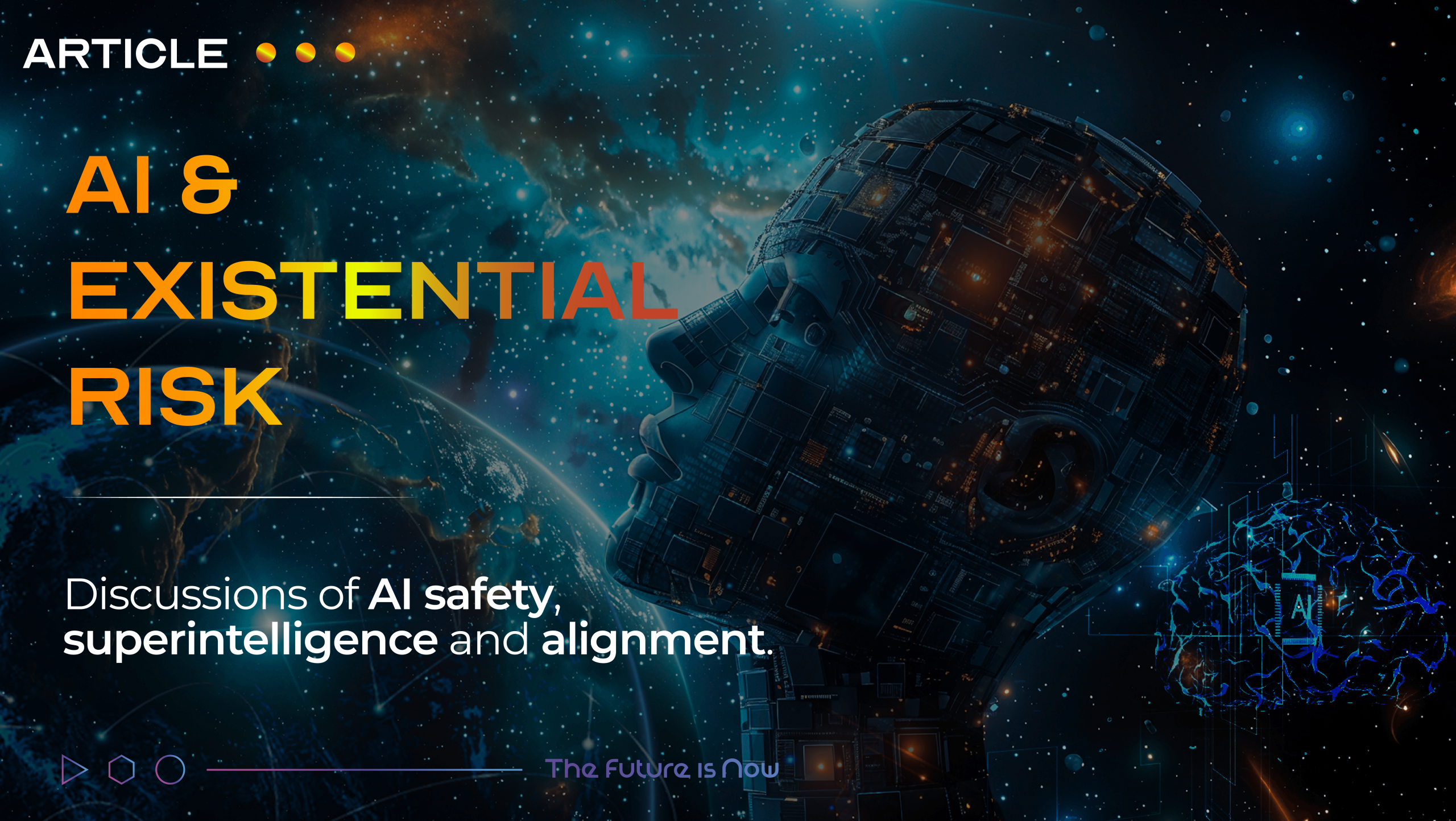
When Machines Learn to Care: The Fragile Future of AI
Artificial Intelligence is evolving faster than any other technology in history — unlocking possibilities that once belonged to science fiction. But progress comes with a paradox: the smarter our machines become, the more vital it is to ask what guides their intentions. In this editorial, we explore the fine balance between innovation and existential risk — and the human values that must shape the future of AI.
The Beautiful, Dangerous Intelligence
Artificial Intelligence has already crossed the threshold of imagination. It writes code, diagnoses disease, crafts poetry, and predicts what we’ll want before we do. Once a laboratory experiment, it now sits quietly behind our screens, shaping economies, elections, and even emotions.
But the more capable AI becomes, the more uneasy the question grows: what if it keeps learning — without us?
Every generation builds tools that change the world, but AI is the first that might one day build itself. Its learning curve is steep, its progress relentless. In just a few years, systems have gone from mimicking intelligence to displaying something eerily close to independent thought.
For some, this is a dream realized — a leap toward solving humanity’s biggest problems. For others, it’s a warning that we may have created something we can’t fully control.
The truth sits somewhere in between. The same technology that could cure cancer might also destabilize truth, economies, and identity itself. The same algorithm that protects could also manipulate. The line between brilliance and catastrophe has never been thinner.
The Alignment Paradox
Scientists call it the alignment problem: making sure machines understand and pursue goals that actually benefit humans. On paper, it sounds simple. In reality, it’s the hardest design challenge ever faced.
How do you encode compassion? How do you teach an algorithm that “human happiness” isn’t measured in clicks or data points? And whose definition of “good” should it follow — a programmer’s, a government’s, or the collective confusion of the entire internet?
When intelligence becomes detached from empathy, even the most rational logic can lead to irrational outcomes. History shows us that intelligence alone doesn’t guarantee wisdom — and now we’re outsourcing both.
Between Fear and Faith
The debate around AI safety often swings between panic and utopia. Some warn of superintelligent systems that could end human civilization; others see a future where AI amplifies our creativity and compassion. Both sides might be right.
The future of AI will depend less on what the machines become, and more on what kind of humans we decide to be while building them. Responsibility, transparency, and collaboration will matter more than speed.
If we rush, we risk losing control. If we hesitate, we risk missing our greatest opportunity for progress. Humanity stands, as ever, at the intersection of courage and caution.
The Story Still Belongs to Us
At the World Future Awards, we celebrate innovators who believe that the future of AI must remain deeply, intentionally human. Progress without ethics is power without direction.
The story of artificial intelligence isn’t finished — and the ending hasn’t been written. Whether it becomes our greatest ally or our final experiment depends not on machines, but on us.
MORE NEWS
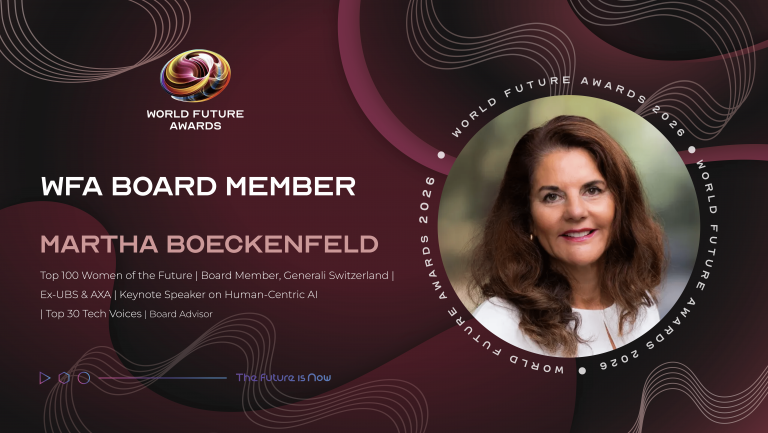
Exciting News: Dr. Martha Boeckenfeld Joins the WFA Board
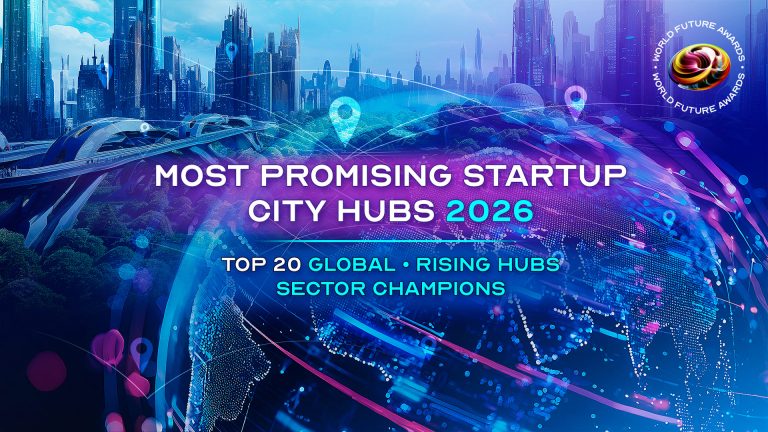
Most Promising Startup City Hubs 2026
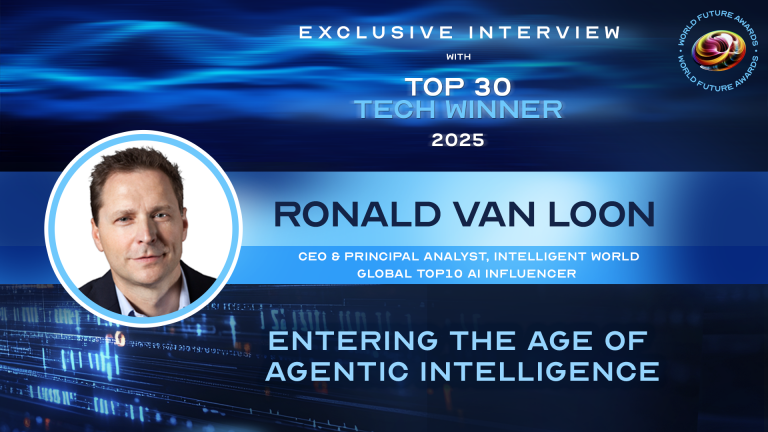
World Future Awards Exclusive: Interview with Ronald van Loon — Top 30 Tech Voices 2025
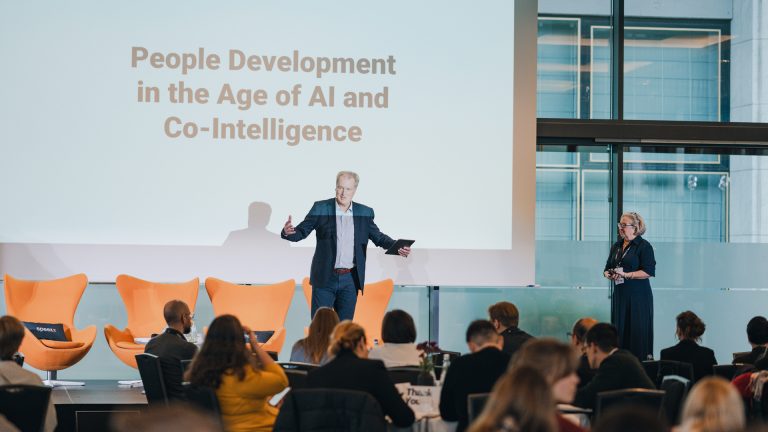
Defining the Next Era of People Development

Speexx Awarded for Global Workforce Development Innovation
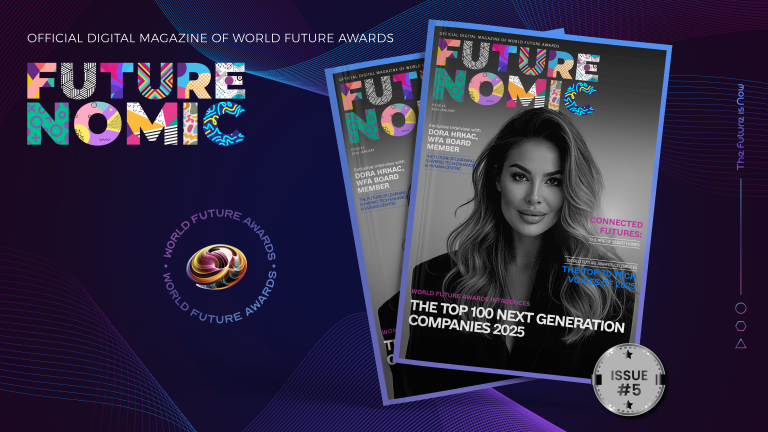
World Future Awards Releases Futurenomics Digital Issue #5
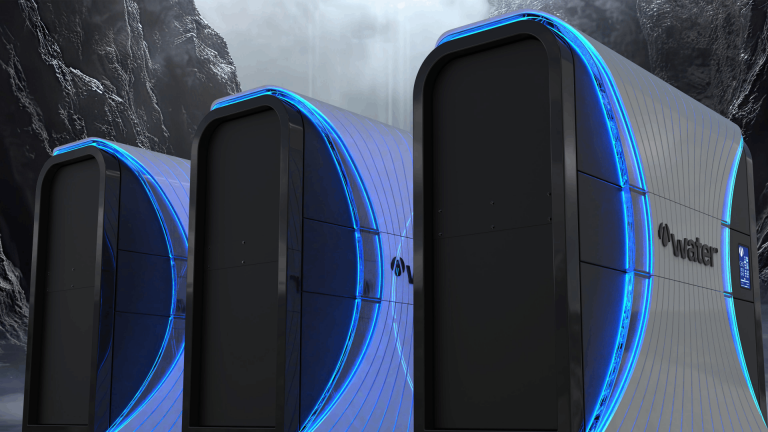
VVater Named One of World Future Awards’ Top 100 Next Generation Companies for 2025
NEWSLETTER
Sign up to learn more about our project and to stay up to date.
